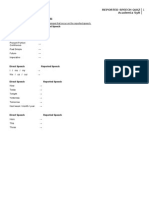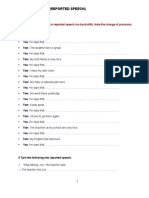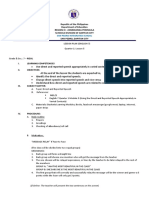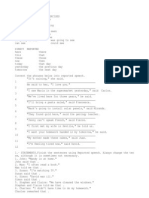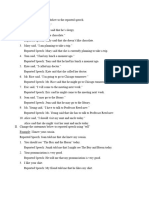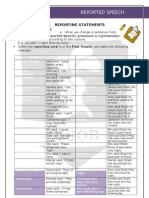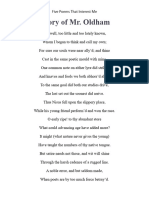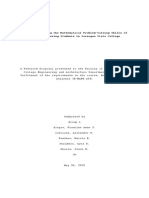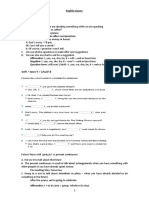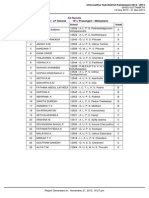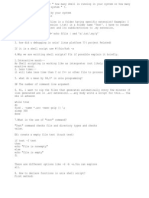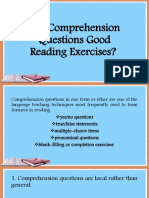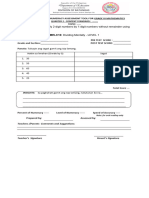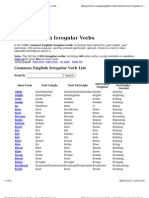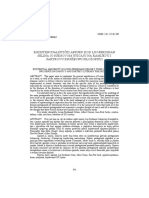0% found this document useful (0 votes)
12 views8 pagesReported Speech
This guide explains reported speech in English grammar, detailing its usage, formation, and special cases. It covers tense changes, pronoun shifts, and reporting verbs for statements, questions, and commands. Additionally, it includes exercises and an answer key for practice.
Uploaded by
vagdasjhoshCopyright
© © All Rights Reserved
We take content rights seriously. If you suspect this is your content, claim it here.
Available Formats
Download as DOCX, PDF, TXT or read online on Scribd
0% found this document useful (0 votes)
12 views8 pagesReported Speech
This guide explains reported speech in English grammar, detailing its usage, formation, and special cases. It covers tense changes, pronoun shifts, and reporting verbs for statements, questions, and commands. Additionally, it includes exercises and an answer key for practice.
Uploaded by
vagdasjhoshCopyright
© © All Rights Reserved
We take content rights seriously. If you suspect this is your content, claim it here.
Available Formats
Download as DOCX, PDF, TXT or read online on Scribd
/ 8





